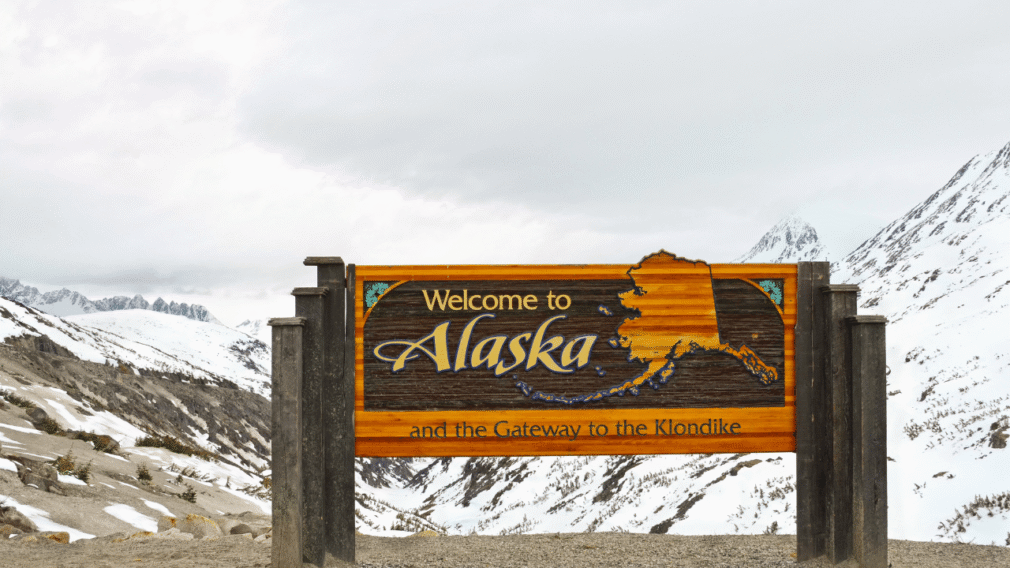Alaska’s HB 145 Sports Betting Bill Stalled After May 16 Hearing With No Vote
Alaska’s House Bill 145, aiming to legalize mobile sports betting, hit a snag after a May 16 hearing in the House Labor and Commerce Committee ended with no vote, leaving its fate uncertain as the legislative session nears its close.

A Slow Start for HB 145
Alaska’s push to legalize mobile sports betting took a step forward but hit a wall when House Bill 145 (HB 145) was heard and held without a vote on May 16 in the House Labor and Commerce Committee.
Introduced by Rep. David Nelson on March 21, the bill aims to bring regulated online sportsbooks to the Last Frontier, tapping into a market where thousands of Alaskans already bet illegally.
Despite a solid case for new tax revenue and consumer protections, the bill’s first hearing since its introduction ended with no action, and with the legislative session ending May 21, time’s running out.
The bill’s next stop is the House Finance Committee, but its slow progress dims hopes for a 2026 launch.
HB 145, titled “An Act authorizing mobile sports wagering,” lays out a clear plan for legalizing online-only sports betting. The Alaska Department of Revenue would oversee up to 10 mobile sportsbook licenses, each costing $100,000 annually, with applicants needing licenses in at least three other states.
A 20% tax on adjusted gross revenue, after winnings, voided bets, and federal taxes, would fund state coffers, paid monthly. Bettors must be 21 or older and can wager on pro, college, and Olympic events, with single-game bets, parlays, and prop bets allowed.
The bill requires identity and location verification, bans ads targeting those under 21, and mandates resources for gambling addiction. It also allows cross-border betting agreements, if legal, and sets penalties up to $10,000 per violation. The bill’s effective date is January 1, 2026, but needs at least three licenses issued first.
Why the Push?
Rep. Nelson, the bill’s sponsor, argues Alaska needs new revenue streams, and legal sports betting is a no-brainer for a market already active underground. He points to millions wagered illegally each year, leaving bettors open to scams and the state with zero tax cash.
GeoComply, a geolocation firm, reported 126,933 attempts by 23,000 unique Alaska accounts to access legal sportsbooks in other states from January to May 2025, a 60% jump year-over-year, showing big demand.
“Legalizing sports wagering is a simple solution that would capture a market which already exists,” Nelson said, stressing protections for residents, tourists, and seasonal workers.
Gov. Mike Dunleavy, who backed a 2020 sports betting bill, also sees it as a revenue booster, but past efforts fizzled.
The House Labor and Commerce Committee held HB 145’s first hearing on May 16, 2025, at 4:30 p.m., delayed from its original slot. Rep. Nelson and John Pappas of GeoComply testified, with Pappas noting the 60% surge in illegal betting attempts as proof of demand.
The committee discussed the bill’s revenue potential and consumer safeguards but didn’t vote, marking it “Heard and Held” for further review.
With only two days left in the session, the lack of a decision puts HB 145 in a tough spot. Bills can carry over to 2026, but momentum’s fading, and the Finance Committee hasn’t scheduled a hearing yet. Alaska’s small population and lack of pro sports teams make it a hard sell for some lawmakers
Recommended
